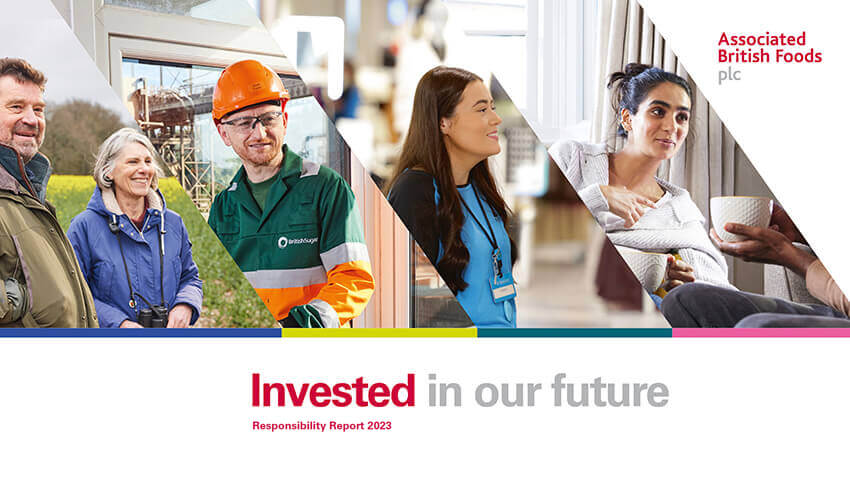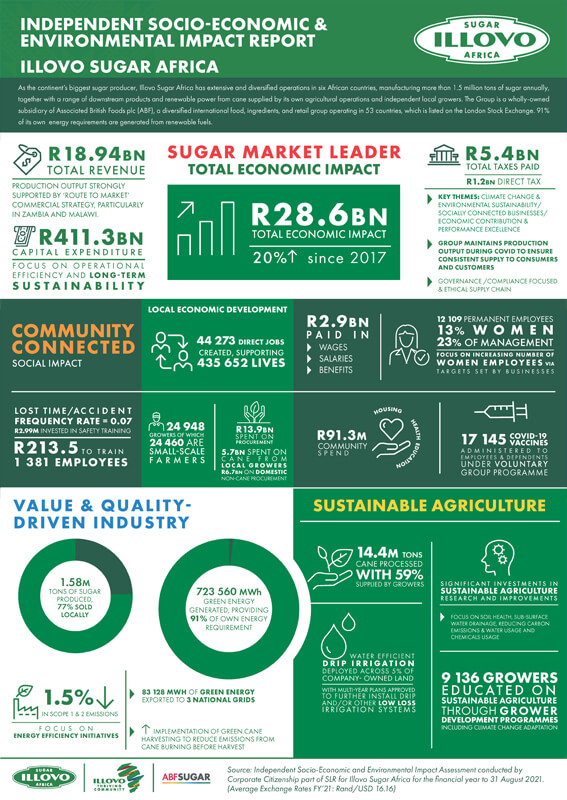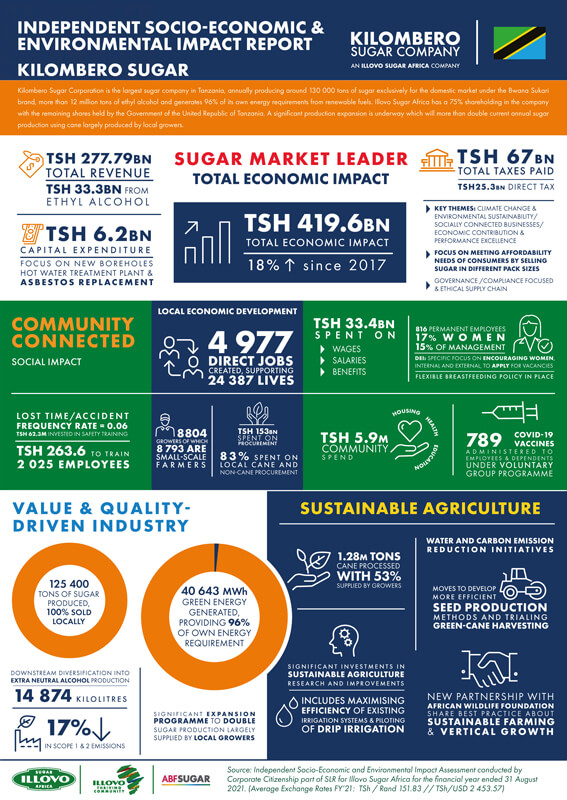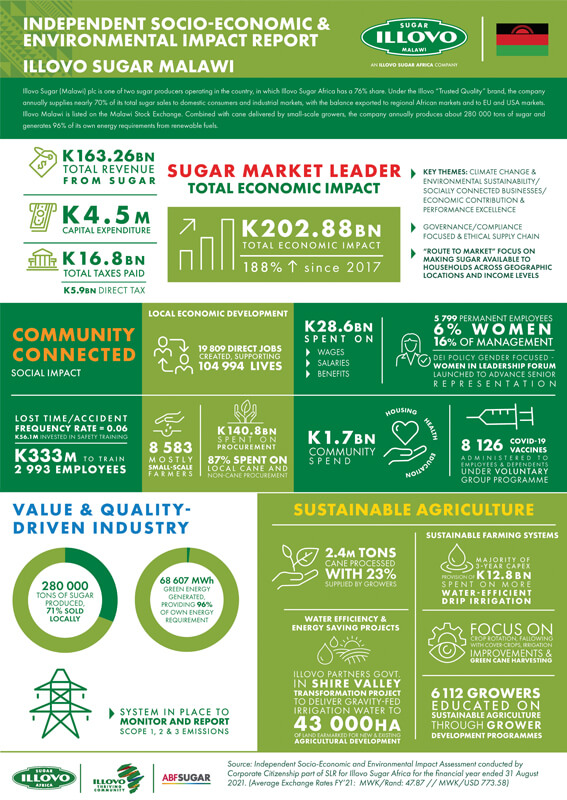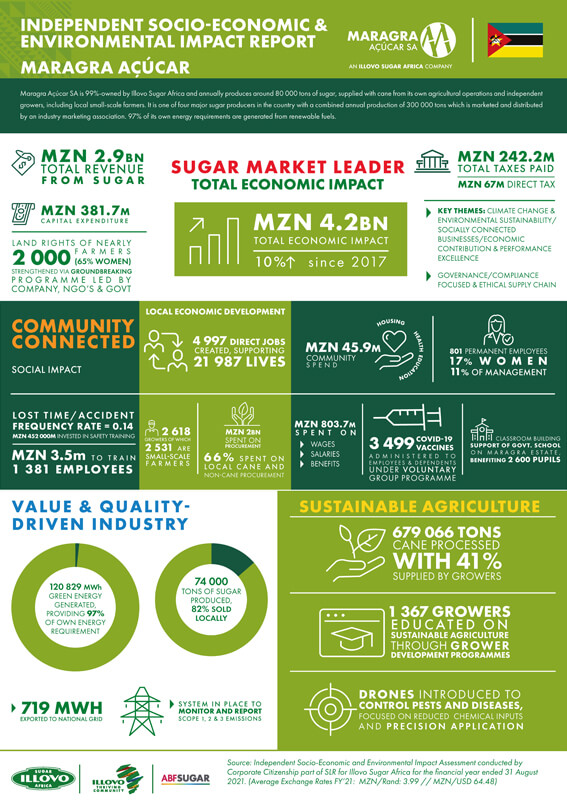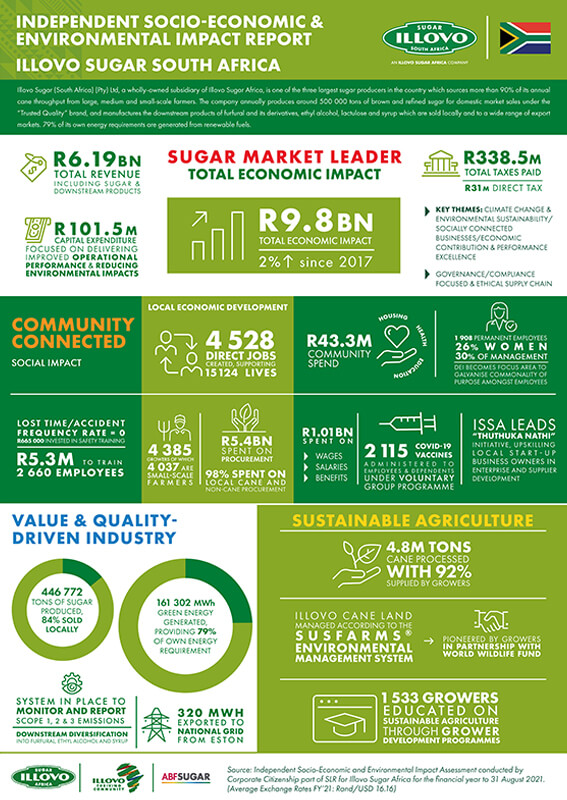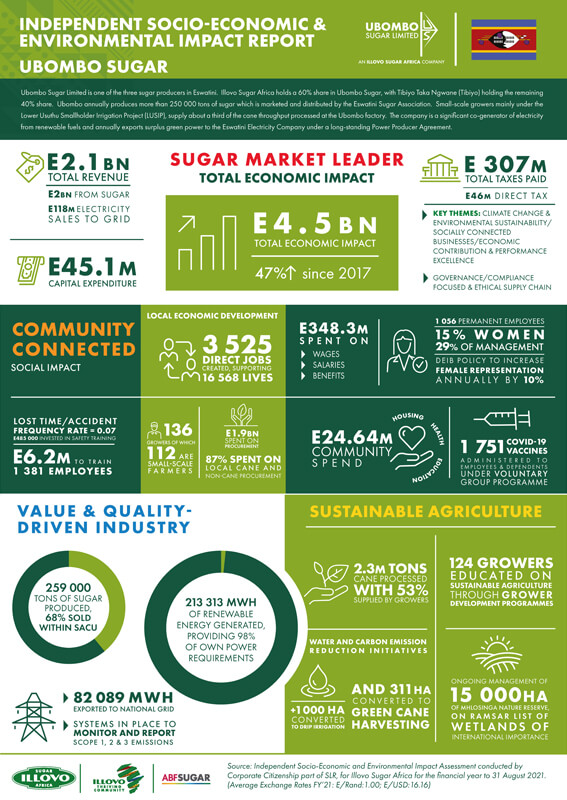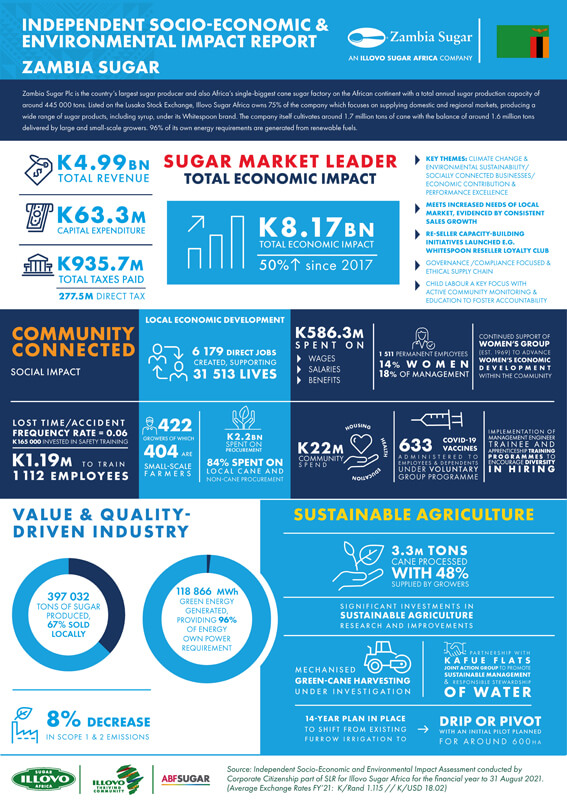Illovo Sugar Africa - Sustainability
“A SUCCESSFUL, SUSTAINABLE AFRICAN BUSINESS IS ONE THAT EVOLVES ALONGSIDE ITS HOST MARKETS.”
OUR
PURPOSE
We serve and meet the dynamic needs of our consumers, customers, and stakeholders within Illovo’s Thriving African Community. Illovo’s purpose is integral to who we are as a business and everything we do, and underpins our corporate positioning. Thriving Community is made up of 4 distinct pillars, each describing a unique aspect of our business and purpose:
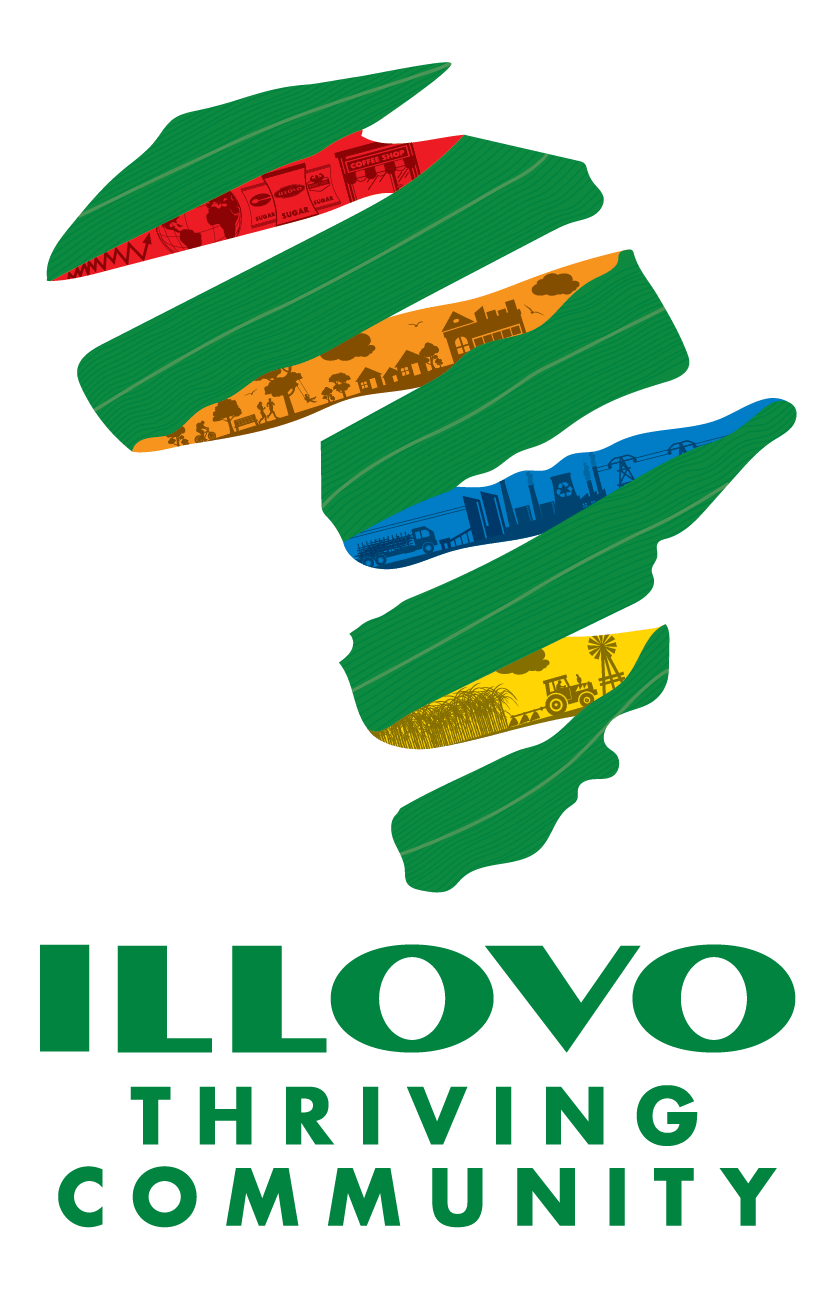
SUGAR MARKET LEADER
COMMUNITY CONNECTED
QUALITY & VALUE DRIVEN INDUSTRY
SUSTAINABLE AGRICULTURE
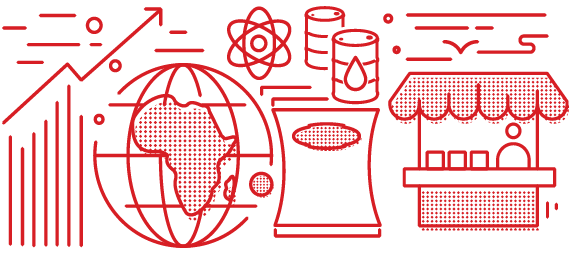
SUGAR MARKET LEADER
Key focus areas:
- Consumer and customer-centric
- Safe & quality products
- Financial sustainability
- Strong governance
- Ethical supply chains
- Licence to operate
The Group’s total economic impact across six countries was estimated at R28.6 BILLION in 2020/21
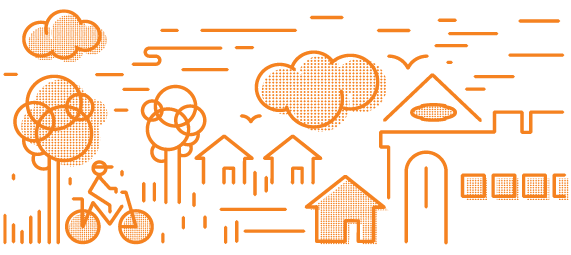
COMMUNITY CONNECTED
Key focus areas:
- Human rights
- Local social & economic development
- Community upliftment / social inclusion
- Local sourcing & enterprise development
- Workplace and community health & safety
- Workforce diversity and inclusion / quality of work / employee engagement
In 2020/21, we created 44 273 jobs supporting the livelihoods of 435 652 people
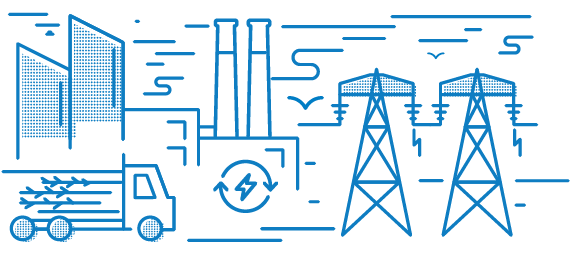
QUALITY & VALUE-DRIVEN INDUSTRY
Key Focus areas:
- Carbon emissions reduction
- Clean energy production
- Plant energy efficiency / optimisation
- Inclusive / local supply chains
- Plastics
- Waste water & effluent quality management
We generated 723 560 MWh of electricity from renewable resources in 2020/21, comprising 91% of our annual total energy needs
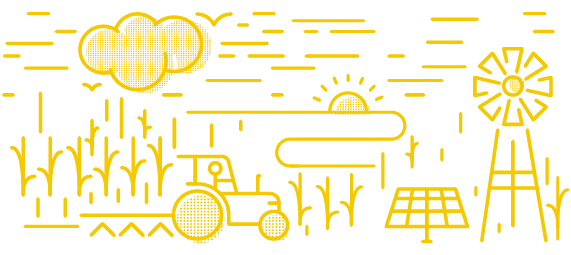
SUSTAINABLE AGRICULTURE
Key focus areas:
- Water usage reduction
- Water stewardship / efficient irrigation systems
- Soil health
- Biodiversity
- New farming systems
- Inclusive supply chains / training and extension
All of our cane operations are sustainably accredited, under the SAI Platform outside South Africa and ProTerra Social Responsibility and Environmental Sustainability Standard within
RESPONDING
TO CLIMATE
CHANGE...
As a major diversified African sugar producer and part of the wider ABF Sugar Group, we have transformed our 2030 carbon footprint reduction commitment to a science-based target, under the SBTI.
Our ESG priorities derive from ABF Sugar’s Group Global Minds Local Champions framework, which serves to create a global mindset among its member companies in Europe and Africa around tackling key local ESG challenges and opportunities that drive positive impact. At Illovo, ABF Sugar’s ESG priorities are built into our Thriving Community purpose to meet the needs of our consumers, customers and stakeholders across our African footprint of businesses...

Our ambitious near-term and net-zero reduction targets reflect our commitment to driving significant reductions in our greenhouse gas emissions. Our holistic approach to addressing climate change spans all aspects of our operations, from forestry, land, and agriculture (FLAG) emissions to transportation, manufacturing, waste, and wastewater (Energy and Industry) emissions.
Playing a leading role in establishing and managing areas of biodiversity around our factories and cane fields are important environmental initiatives to mitigate the climate change impacts of our operations, with the 9 000-hectare Mhlosinga Nature Reserve at Ubombo Sugar in Eswatini being a great example.
FORESTRY, LAND, AND
AGRICULTURE (FLAG)
We have committed to reducing FLAG emissions from owned (Scope 1), purchased sources (Scope 2), and indirect sources (Scope 3) with a near-term reduction target of 36.4% by 2030. Additionally, we have committed to a net-zero reduction target of 90% by 2050 for Scope 1 and 2 emissions and 72% reduction for Scope 3 emissions by 2050 through collaboration with our stakeholders.
ENERGY AND INDUSTRY (E&I)
We have also committed to reducing E&I (Scope 1 and 2) emissions by 52.1% by 2030 and have committed to a net-zero reduction target of 90% by 2050. Additionally, we aim to reduce Scope 3 emissions by 30% by 2030 and 90% by 2050. This includes emissions from purchased goods and services, capital goods, fuel - and energy-related activities, upstream transportation and distribution, waste generated in operations, business travel, employee commuting, and downstream transportation and distribution.
In 2024, Illovo has identified over 30 carbon-saving projects. These include efficiency, fuel swap, irrigation conversion, solar and other initiatives to reduce Illovo’s own greenhouse gas emissions which at the same time, also contribute to the cumulative validated reduction targets set by ABF Sugar
WHAT ARE SCOPE 1, 2 AND 3 EMISSIONS?
‘’SCOPE’’ DEFINITION:
SCOPE 1
Emissions from sources that a company owns or controls directly, e.g. nitrous oxide from soil or CO2 emitted from the company’s fuel use.
SCOPE 2
Emissions associated with indirect energy consumption - specifically from purchased electricity, steam, heat, or cooling from an external source, e.g. emissions caused by generating electricity for use in buildings.
SCOPE 3
Emissions that are not produced by a company itself and are not the result of activities from assets owned or controlled by them. Instead, Scope 3 emissions refer to emissions created by those within a company’s value chain, e.g. emissions associated with the transportation of goods and services used by a company.
WHAT ARE THE DIFFERENCES BETWEEN “FLAG” AND “E&I” EMISSIONS AND HOW DO THEY IMPACT ABF SUGAR’S VALUE CHAIN?
FOREST, LAND AND AGRICULTURE (FLAG) SBT’S
MEANING:
Science-based targets that include land-based emissions reductions and removals
SPECIFIC FACTORS:
SCOPE 1
- Cane burning
- Mobile fuel
- Soil
- Cattle
- Fertilizer
SCOPE 2
- Purchased electricity
VALUE CHAIN:
SCOPE 1
In ABF Sugar operations, these are present in:
- Grower agriculture
- MCP (own land operations)
- Brought in rows & whites (Sugar)
ENERGY AND INDUSTRY (E&I) SBT’S
MEANING:
Science-based targets All other fossil-based/ industrial emissions
SPECIFIC FACTORS:
SCOPE 1
- Mobile Fuel/own transport
- Coal
- Ethanol
- Waste
- Wastewater
SCOPE 2
- Purchased electricity
VALUE CHAIN:
SCOPE 1
In ABF Sugar operations, these are present in:
- Transport
- Manufacturing
- Waste and wastewater
With more than 78 000 hectares of our own land under sugar cane, we are significant users of water.
We have a committed water reduction target to decrease annual water usage by 30% in 2030.
Key to achieving our water reduction target is the stewardship role we have over the resources that we manage and those in the communities where we operate. That means using best management practices in our farming, improving productivity to reduce our water footprint and supporting our growers to do the same, so that together we can positively impact our environment and communities...
Using the gamut of modern technology available to commercial agriculture, Illovo is also looking to other projects around the Group such as in Zambia, which are designed to contribute to sustainable resource stewardship at the same time as improve cane yields by effectively deploying new farming systems. In addition to annual irrigation infrastructure maintenance programmes to reduce/prevent water losses, we continue to fine-tune how best we can use wastewater in our factories by returning it to adjacent natural water resources and by continuing to improve our effluent quality management.
Illovo achieved a major sustainability milestone in 2022 when our own agricultural estates were verified under SAI Platform’s tool known as the Farm Sustainability Assessment (FSA) Key to this process, audits were also undertaken at three independent growers in Malawi’s Lower Shire Valley, including Phata Sugar Cane Outgrowers Cooperative and Kasinthula Cane Growers Association - both smallholder sugarcane growers - and Kaombe Estate, a large-scale commercial grower...
The grower agricultural team at Kilombero which, with a host of other support people and systems, is currently helping more than 15 000 existing and new growers to cultivate and supply cane to the plant’s existing two mills and to the new, state of the art sugar factory which will be commissioned next year and will double current production to around 270 000 tons of sugar.
MEASURING OUR IMPACTS
MEASURING
OUR SOCIAL AND
ENVIRONMENTAL
IMPACTS
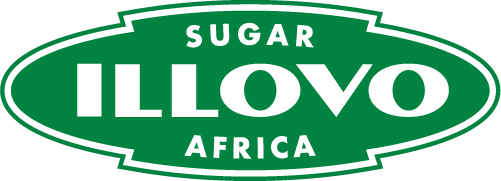
In a series of three independent impact assessments over the past 10 years, we’ve recently shared the results of the latest study analysing our socio-economic and environmental impacts across the Illovo Sugar Africa group, during the financial year to August 2021. All three assessments were conducted by Corporate Citizenship part of SLR. A primary finding was that the Group’s total economic direct, indirect and induced impact has been estimated at R28.6 BILLION.
Download the reports here...
AUGUST 2023
ABF - 2023 RESPONSIBILITY REPORT
“We remain committed to doing the right thing for the long-term and to taking action now.”
GEORGE WESTON
Chief Executive, Associated British Foods plc
